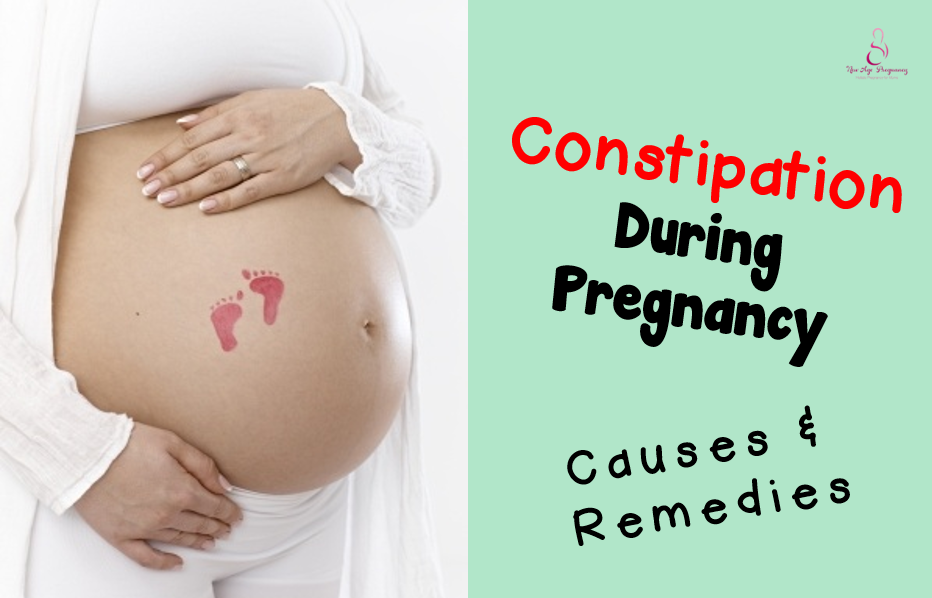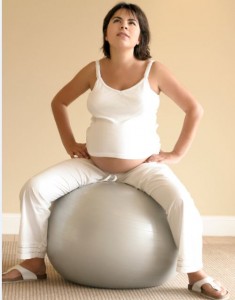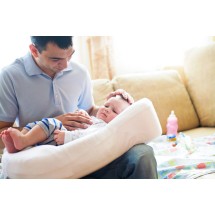
Pregnancy is a time of massive change. Apart from the obvious change in the expectant mother’s tummy, within her, there are also changes to her respiratory, cardiovascular, gastrointestinal, endocrine and urinary systems!
One major change is the increase in the hormone progesterone, which serves to maintain the uterine lining and support a growing embryo. Progesterone also relaxes smooth muscles which allows for expansion of the body to accommodate a growing fetus. However, the muscles along the digestive tract also relaxes, resulting in food staying longer in the digestive tract for more nutrients to be absorbed into the bloodstream – unfortunately, this also contributes to constipation! We will explore constipation during pregnancy and hopefully, bring relief to expectant mothers!
Causes of Constipation during Pregnancy
Apart from the hormone progesterone, a growing uterus applies pressure on the pelvic area making it more difficult for stools to be passed. High doses of iron supplements also worsen constipation. Dehydration makes stools hard and it is easier to get dehydrated during pregnancy as more water is used for increased blood supply and amniotic fluid. Women who tend to get constipation before pregnancy are also more likely to suffer from it during pregnancy.
Remedies for Constipation
Given that expectant mothers should generally avoid taking medication (always check first with doctor before taking medicine), the first line of action for constipation should be those that can be taken at home naturally.
Remedy #1 Get moving
Exercise helps to ease the constipation, maintain health and fitness during pregnancy. Adopt gentle exercise like walking, biking, swimming and yoga, while bearing in mind to limit bouncing.
Remedy #2 Increase fibre
Ensure sufficient fresh fruits and vegetables daily and include whole grains, beans and brown rice. A high-fibre diet relieves constipation by providing roughage that moves the food along the digestive tract. Conversely, reduce intake of refined carbohydrates. Fibre is also associated with reducing risk of gestational diabetes, preeclampsia risk and risk of ovarian and cervical cancers.
Remedy #3 Smaller meals
Eating smaller meals eases gas and bloating, avoiding an overload of food in the digestive system from a heavy meal. It is also associated with preventing heartburn and easing morning sickness.
Remedy #4 More water
Increasing intake of fluids help reduce the likelihood of hard stools and risk of dehydration. Take at least 8 glasses of water per day, including juice. Try prune juice or a warm lemon juice in the morning after waking up. Dehydration during pregnancy can be serious and is linked to low amniotic fluid, birth defects, lack of nutrition for baby and inadequate breast milk production.
Remedy #5 Less diuretics
Given the complications from dehydration, it is also best to avoid diuretics like tea, coffee, alcohol and caffeinated drinks which makes one urine more frequently. When the body recognizes that it is dehydrated, it will soak up water from the food waste, making stools harder and more difficult to pass.
Remedy #6 Alternate sources of iron
Talk to your doctor about having a supplement with less iron or having alternative sources of iron such as red meat, pulse and dark green vegetables. Iron can bind with other foods in the intestinal tract making it sticky and more difficult to move out of the bowel.
Remedy #7 Probiotics
Probiotics is studied to have numerous health benefits, including irritable bowel syndrome and strengthening of immune system. Include yoghurts with active cultures that can help break down food better or talk to your doctor on probiotic supplement.
Remedy #8 Be on Toilet Standby
Since the feeling to pass motion often comes after meal time, be sure to make time for going to toilet after eating.
Remedy #9 Over-the-counter medication
Talk to your doctor about over the counter fibre supplement or stool softener. If taking psyllium husk supplement, be sure to drink plenty of water too. If trying herbal remedies, check with your doctor because some herbs such as senna may stimulate premature contractions while mineral oil may reduce nutrient absorption. For laxatives, always check with your doctor before taking due to risk of contractions and dehydration.
Although constipation is not uncommon, it can be extremely uncomfortable especially when it worsens hemorrhoids (swollen veins in the rectal area). Try the above remedies, remembering that water, diet and exercise help!
By Mei






